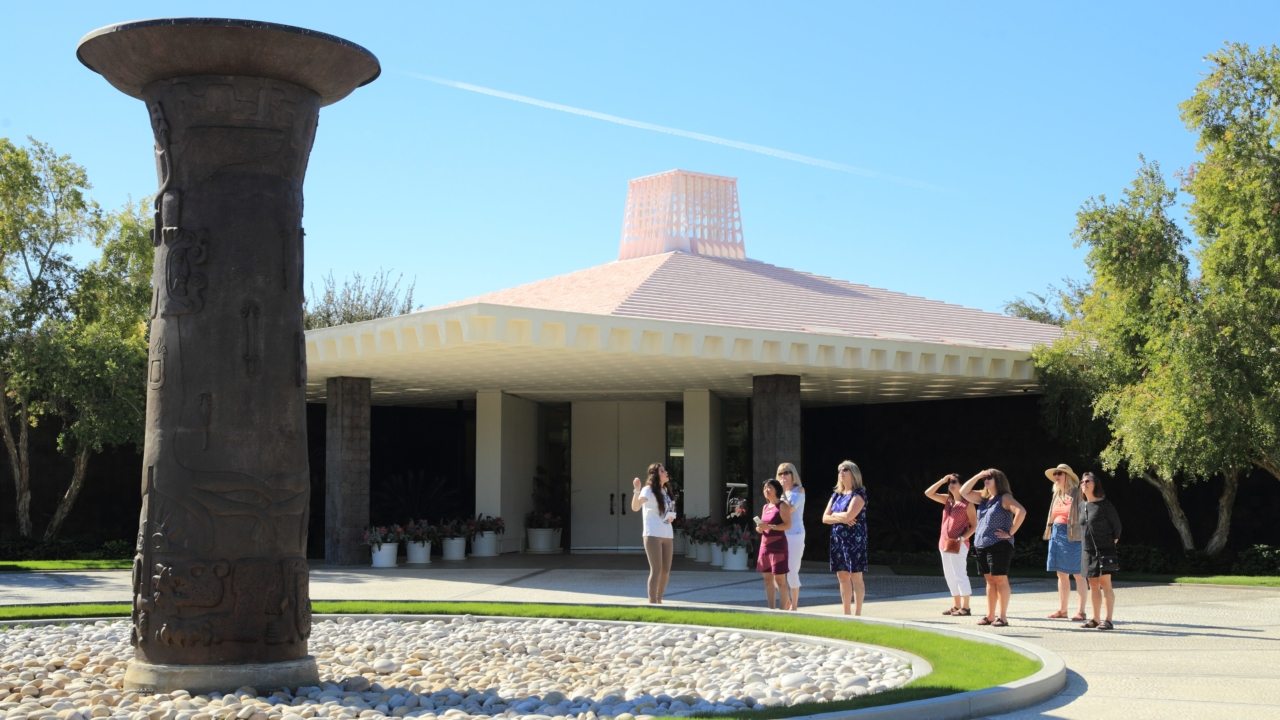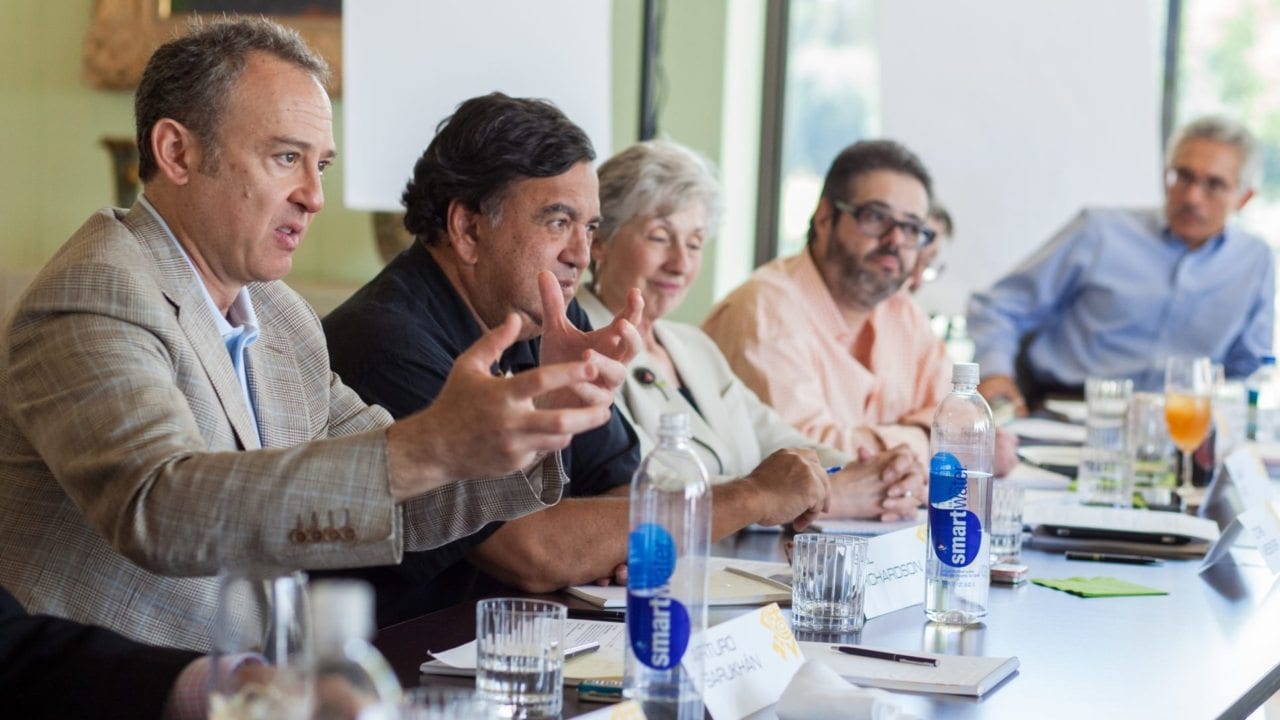Protected: George Q. Daley, MD, Ph.D.
George Q. Daley, dean of Harvard Medical School and the Caroline Shields Walker Professor of Medicine, is a physician-scientist and an authority on cancer biology and stem cell science. Daley earned his AB, magna cum laude, from Harvard (1982), his Ph.D. in biology from MIT (1989), working with Nobel laureate David Baltimore, and his MD, summa cum laude, from HMS (1991).
Daley pursued a residency in internal medicine at Massachusetts General Hospital and a clinical fellowship in hematology/oncology at Brigham and Women’s Hospital and Boston Children’s Hospital. After serving as chief resident in medicine at Mass General (1994–1995), Daley joined the HMS faculty as an assistant professor and staff physician in hematology/oncology at Mass General while running a laboratory as a Whitehead Fellow at the MIT-affiliated Whitehead Institute (1995–2003).
In 2003, he moved his laboratory to Boston Children’s, where he served as an attending in pediatric hematology, later serving as director of the Pediatric Stem Cell Transplantation Program at Dana-Farber/Boston Children’s Cancer and Blood Disorders Center from 2009 to 2016. Daley has been professor of biological chemistry and molecular pharmacology at HMS since 2010 and was an investigator of the Howard Hughes Medical Institute from 2007 until resigning in 2017 upon his appointment as HMS deanship.
Daley’s early cancer studies demonstrated the central role of the BCR/ABL oncoprotein in human chronic myelogenous leukemia (CML), work that provided critical target validation and stimulated development of imatinib/Gleevec, a highly successful chemotherapeutic. His laboratory defined mechanisms of imatinib resistance and contributed to the successful design of next-generation tyrosine kinase inhibitors. Daley’s lab has demonstrated the critical role of the LIN28/let-7 pathway in cancer as well as tissue metabolism, regeneration, and aging. In stem cell science, important contributions from the Daley laboratory include the generation of disease-specific pluripotent stem cells (PSCs) by direct reprogramming of human fibroblasts, and derivation of hematopoietic stem, progenitor, and differentiated blood lineages from PSCs.
Daley was an inaugural recipient of the NIH Director’s Pioneer Award for highly innovative research (2004). His honors include the American Philosophical Society’s Judson Daland Prize for achievement in patient-oriented research, the American Pediatric Society’s E. Mead Johnson Award for contributions to stem cell research, the American Society of Hematology’s E. Donnall Thomas Prize for advances in human-induced pluripotent stem cells, and the International Chronic Myeloid Leukemia Foundation’s Janet Rowley Prize for outstanding lifetime contributions to the understanding and/or treatment of CML. He is an elected member of the National Academy of Medicine, the American Academy of Arts and Sciences, the Association of American Physicians, and the American Society for Clinical Investigation.
In addition to his research, Daley has been a principal figure in authoring international guidelines for stem cell research and its clinical translation, particularly through his work with the International Society for Stem Cell Research, where he served as president (2007–2008). He has testified six times before Congress and spoken in forums worldwide on the scientific and ethical dimensions of stem cell research and genome editing.



